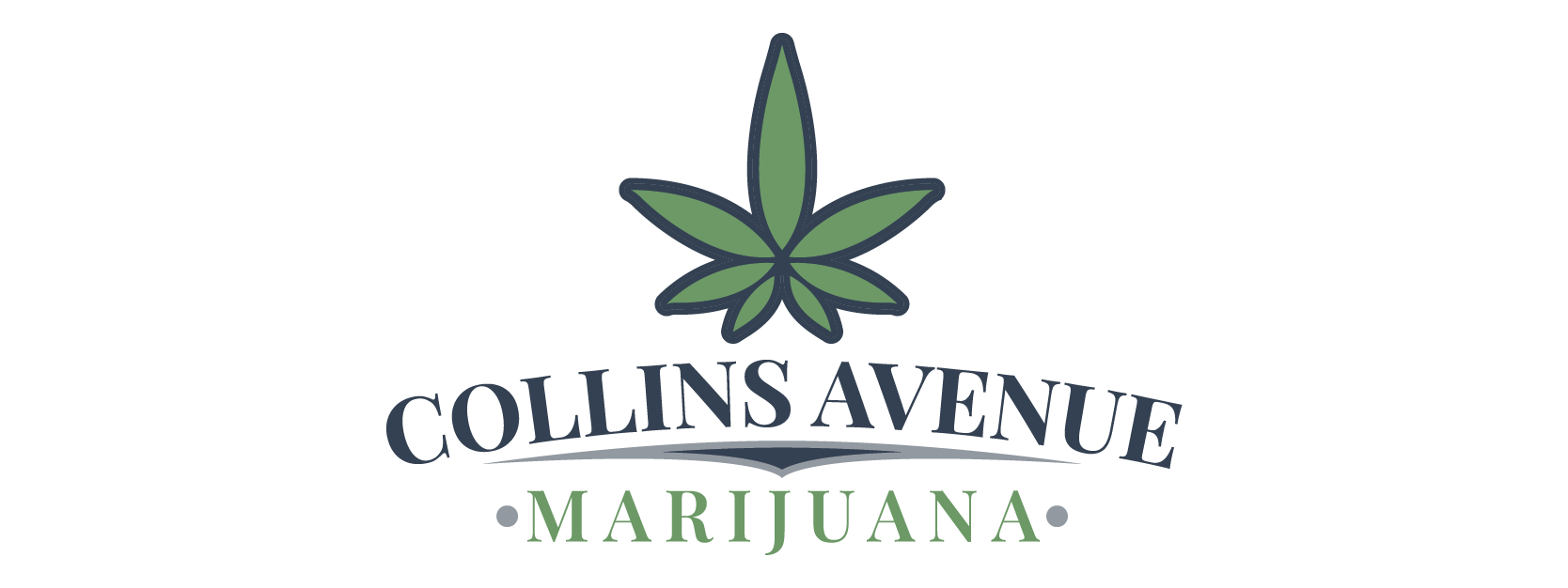Florida remains a medical-only state. A 2024 ballot initiative (Amendment 3) to legalize adult-use cannabis received a majority but failed to clear the 60% threshold required to amend the state constitution, so recreational possession and sales are still illegal statewide. This outcome reflects Florida’s cautious approach to legalization, keeping the system limited to medical patients and their caregivers.
Under Florida Statute §381.986, only qualified medical marijuana patients and their caregivers may purchase from licensed Medical Marijuana Treatment Centers (MMTCs). The statute also defines a “seasonal resident” pathway—useful for snowbirds—allowing those who reside in Florida at least 31 consecutive days each year and meet other criteria to qualify for a Florida medical card after evaluation by a Florida-qualified physician. Importantly, there is no reciprocity for out-of-state medical cards; visitors must hold a Florida-issued card to buy or possess medical cannabis lawfully. Tourists arriving with cards from states such as California or New York will find they are not accepted at dispensaries.
Public use is prohibited. Even qualified patients may not consume cannabis in public places or on public transportation, with very narrow exceptions for non-smoked low-THC products. Miami Beach goes further: smoking (including cannabis and hemp) is banned on all public property—parks, beaches, and sidewalks—with posted enforcement and penalties. For Collins Avenue, that means no smoking on the beach, in Lummus Park, or on the street. Hotels, restaurants, and private venues also commonly prohibit smoking under local ordinances and property policies. Private rental hosts may permit it, but visitors should always confirm in advance to avoid fines or conflicts.
Driving and impairment: Florida’s DUI law applies fully to cannabis. There is no per-se THC limit; prosecutors instead must prove impairment while driving or in “actual physical control” of a vehicle. Penalties mirror alcohol DUI and can include fines, license suspension, and jail—regardless of medical status. The safest course is simple: do not drive after consuming. Rideshare services, taxis, or walking are far safer options for visitors exploring Collins Avenue.
What this means on Collins Avenue:
- Buying: Tourists cannot legally purchase cannabis unless they become Florida medical patients (including qualifying seasonal residents). Out-of-state cards are not accepted at MMTCs.
- Possessing/using: Recreational possession remains unlawful. Medical patients must keep products in original packaging, avoid open/public consumption, and follow physician-route limitations (e.g., smoked vs. non-smoked forms) under §381.986.
- Where not to consume: Any public place, public transportation, and all Miami Beach parks and beaches—including the shoreline along Collins Avenue. Private property rules vary; get explicit permission.
- Hemp/CBD: Even though hemp-derived products are federally lawful, Miami Beach’s beach and park smoking ban still applies to hemp smoke.
- Driving: Zero tolerance for impaired driving; responsible transportation planning is essential for compliance and safety.
Bottom line: On Collins Avenue, treat cannabis like a strictly regulated medicine. If not a Florida patient, do not buy, carry, or consume cannabis. If a qualified patient, keep it private, off public property and beaches, and never mix cannabis with driving. Staying informed and cautious ensures a safe, legal, and enjoyable Miami Beach experience.
